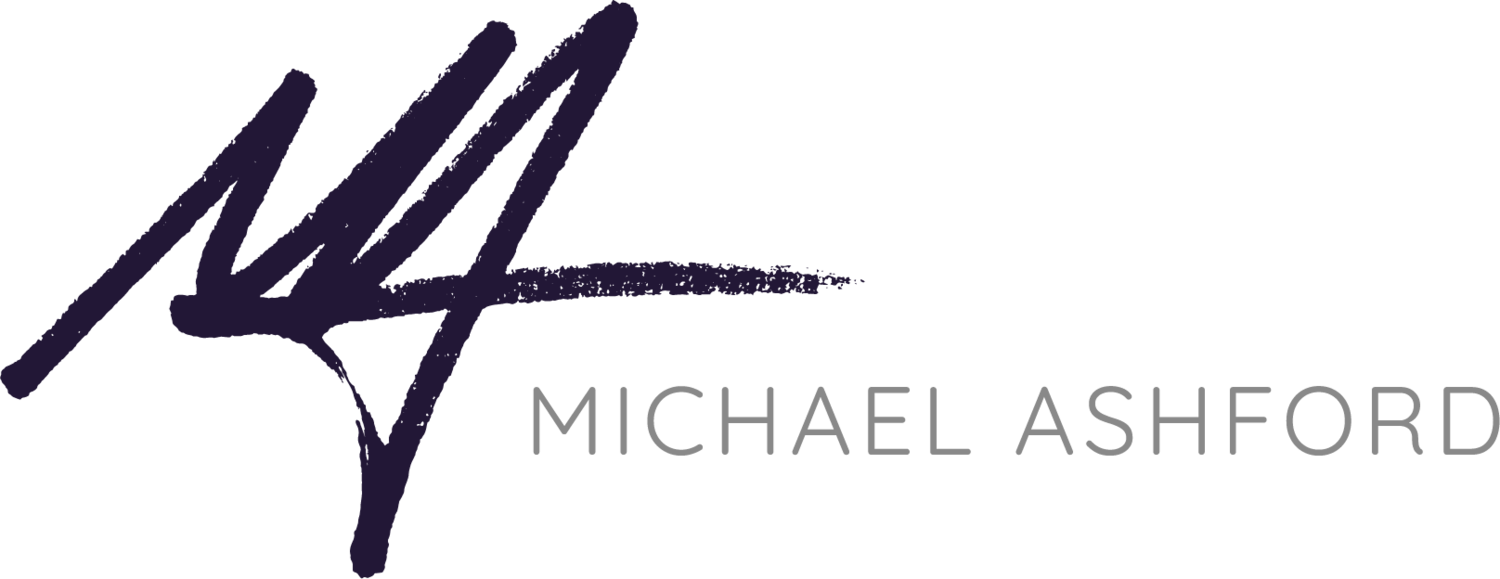A statement with a question mark at the end is not a question
Let's say you just sat down to dinner at a new restaurant — now that we can do that kind of thing again — and your server approaches the table.
You've got the menu in your hands, but you want the inside scoop.
You don’t say to the server, “Talk about the best items on the menu?”
That would be weird and oddly demanding.
No. You ask, “What would you recommend?”
Asking open-ended questions instead of leading statements masquerading as questions allows for far greater detail and color and depth in the answers you get back.
However, when we disagree with someone, we have this nasty little habit of weaving veiled statements, opinions, and assumptions into our questions.
It’s a manipulative way to guide someone to give an answer you want to fit the narrative that you already believe.
And so it ends up sounding like an accusation rather than a question.
"You don't care about the environment and you want the earth to burn up because you're a Republican, right?"
"You're a Democrat so you think socialism is better than democracy, don't you?"
No wonder disagreements often turn so sour.
No one wants to be boxed in before they even have a chance to speak.
In my years as a journalist, this was without a doubt the hardest interviewing skill to learn, and the same holds true when it comes to having emotionally intelligent, open-ended conversations.
We will never uncover our similarities if we don’t first ask the kinds of questions that help us find them.

